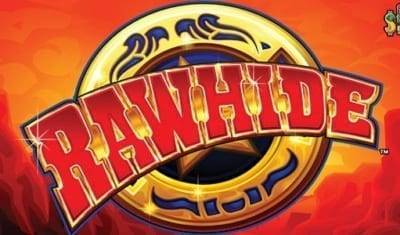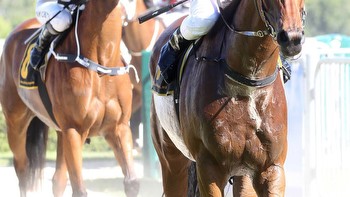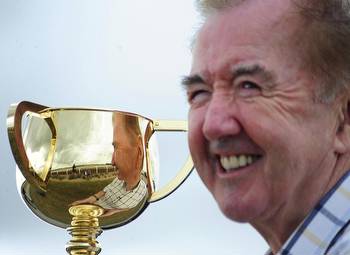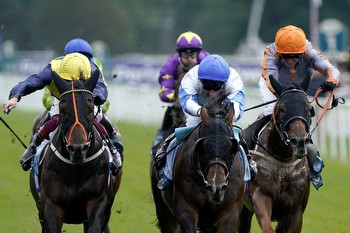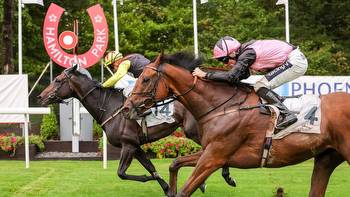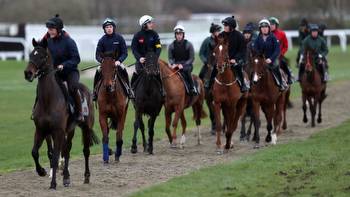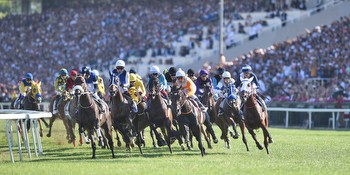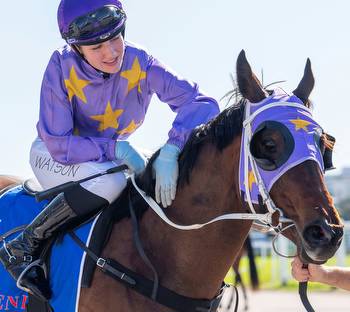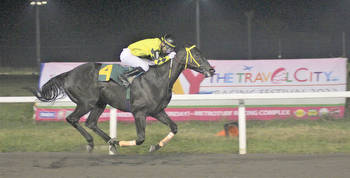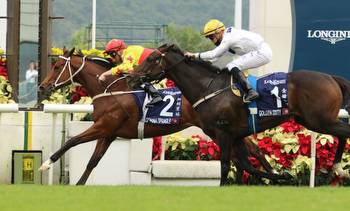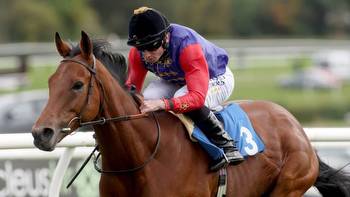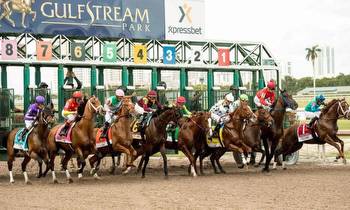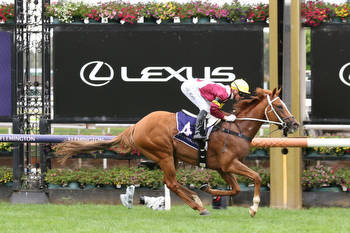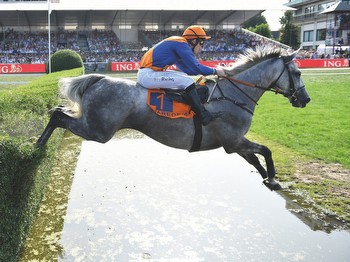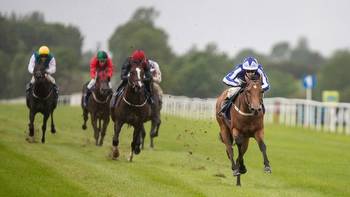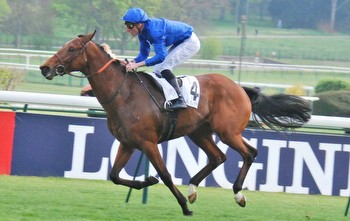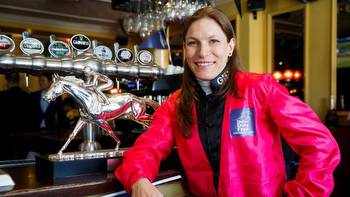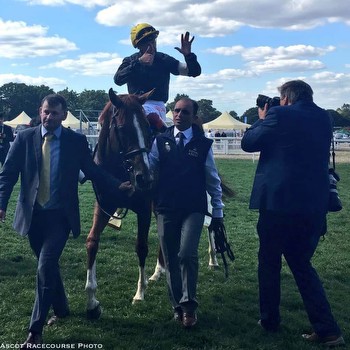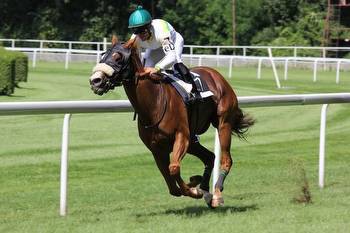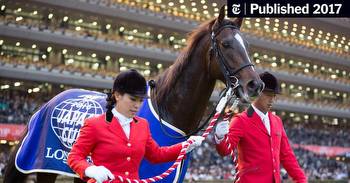Monday Musings: Holidays geegeez.co.uk
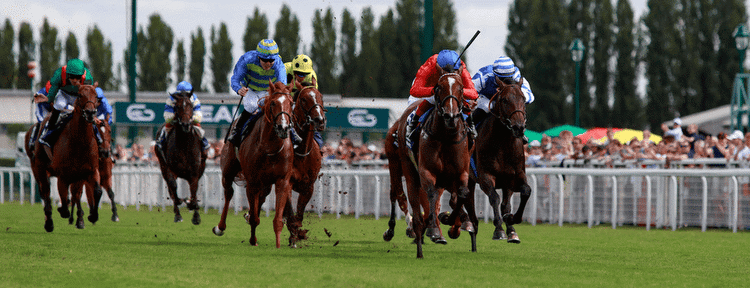
A bright sunny Sunday smack bang in the kids’ school holidays, writes Tony Stafford, and what’s to do? “I know”, says Dad, “How would you like to go horse racing? You’ve seen it on ITV on Saturdays and always seemed to like it, especially when my bets win. But there’s nothing like being there.”
Looking at his computer – he doesn’t bother with newspapers nowadays, it’s all on the screen. “Oh dear”, he says. “Only Windsor and Leicester and nothing over jumps, which we always find more exciting. It’s a bit far to both, so we’ll have to give it a miss this time. You’d think there would be more choice right in the middle of summer.”
Dad’s right, you would have thought so. As a telly punter, no doubt he wouldn’t necessarily go into the intricacies of the day’s two programmes, but I have. Eight races at Leicester and seven at Windsor. The Thames-side track comes out just on top on prizemoney but only because it includes on the card a qualifier for a series contest, the £15,462 to the winner Juddmonte British Stallion Studs Restricted Race (Bands C and D).
A race designed for cheaper buys that might have some talent, it was by £10,000 and change the most valuable on the card. Apart from one 0-65 handicap, worth £5,234 to the winner, all the other five races carried a first prize of less than £4,500.
There was no stand-out race, value-wise over at Leicester. The top race was a handicap which carried £6,281 to its victor. All the other seven races were worth less than 5k.
Leicester did cater for slightly better class, if inadequately remunerated, horses, viz a 0-85 nursery, £4,711 and that six grand race which was 0-80. Otherwise, the upper limits in card order were 65, 75, 68 and 55.
Windsor, as stated above, had its most valuable (sic) prize in handicaps for a 0-65. Lesser prizes were affixed to a 0-60 amateur riders’ race and further contests with upper limits of 68 and 52.
Sundays in Ireland are usually planned to appeal to the likes of Aidan O’Brien and the other top trainers, but yesterday’s card, apart from one Listed race for fillies and mares, worth €32,450 to the winner, was humdrum.
That never means small fields and, with the big guns elsewhere or just taking a Sunday off, the other six races were worth two each at €14,750, €11,800 and €8,800 for a total of €104,250, still comfortably more than the £77,000 for the two UK meetings.
It’s unfair to compare with Deauville which featured the Group 1 Prix Jacques le Marois, worth £505,664 to its winner and a handsome £25,309 for fifth place. Fifth in the bulk of the UK races yesterday ranged between £367 and £214, not enough to pay the jockey and entry fees, never mind the ever-escalating transport costs and training fees.
Generally, two-year-old novice and maiden races here do not even carry a fifth prize nowadays, but the Juddmonte qualifier did break out from the norm with £906 for fifth place and even £453 for sixth.
The four Deauville Group 3 races, each worth a not exceptional £35,398 in comparison with their UK counterparts, had a uniform £3,539 for fifth place, near as makes no difference to matching the win prize for 12 of yesterday’s 15 UK contests.
Now take Dad’s other gripe. No jump racing. Indeed, the stables with summer jumpers have been put on an artificial hold for two weeks, ironically at a time when the recent weather would have allowed plenty more to run than would have been the case in last year’s exceptionally hot and dry weather.
They start again on Saturday at Perth and Market Rasen when there’s also four flat fixtures including Newbury with its Group 2 Hungerford Stakes. There’s no jumping next Sunday either, I’m afraid Dad, just Sandown (Sunday Series finale), Pontefract and Southwell hoping to attract the family audience.
If our mythical Dad had not been dissuaded already he might have asked whether Frankie Dettori, Ryan Moore, William Buick and Oisin Murphy would be there to sign autographs. No dice. Indeed, the only thing Dettori had to worry about yesterday was not breaking his ageing ankles with his flying dismount after Inspiral won that Gallic Group 1 for the Gosdens and owners Cheveley Park Stud.
That probably works out at around 40 grand for the ever-accumulating veteran whose farewell tour is proving lucrative in the extreme.
Jamie Spencer would have been delighted too with his share of the 100k Light Infantry earned for the David Simcock stable for third and Neil Callan picked up some handy pocket change for his fifth place, referred to above, for Kevin Ryan on Triple Time.
The aforementioned Moore and Buick had to be content with smaller rewards having trailed home in the last three in the big one. Buick won a Listed (24k to the winner) and Moore was second in another. Even the top jockeys don’t have it all their own way every day.
Cut back to the sort of owners, trainers and rides who ply their trade at the lowest end of the UK horse racing pyramid. One trainer sent me details of a recent runner he had in a 0-60 race at Carlisle. The entry fee for this £3,000- odd to the winner contest was £37.45. Jockey insurance was £24.42. Jockey riding fee was £131.60 with £26.32 VAT and a processing fee by Weatherbys of £36.42 plus £7.28 VAT. Expensive things to push, those computer buttons. The total outlay, never mind transport to the track and training fees, was £263.49.
That same owner/trainer was bemoaning the fact that, as he sees it, the smaller owners with lower-grade horses are subsidising events like the Sunday Series which does not carry entry fees. Six lots of races carry extraordinary amounts for the grade of race and the last of six Sunday dates next weekend at Sandown will carry total prize money of £225,000.
Yet the take-up has been less overwhelming than might have been expected by trainers. The last of the series at Haydock eight days ago featured six races and none went ahead with the intended full field of 12, although one non-runner in the last reduced that to 11. The other field sizes were 9, 7, 11, 7 and 6. I can understand that person’s suggestion it was a waste of money.
Last Thursday’s latest instalment of the Racing League hardly suggested that this competing Sky Sports Racing Thursday series was doing much better than its Racing TV equivalent. The seven races, culminating in a richest flat race ever at Chepstow (echoing a similar situation at Yarmouth two Thursdays previously) still struggled to fill fields. The numbers here were 12 (full), 6, 11, 8, 10 and 8, with 11 for the big one.
Ian Williams, always one to aim for the big money, has regular runners in both series. He says that there is a real fear that if the take up does not improve, neither series is safe for the coming season. His horses in the Racing League run under the banner of Wales and the West, one of seven regional teams. They lead the way after two rounds with 319 points ahead of Ireland (242) London and the South (231), The North (217), The East, so Newmarket (187), Yorkshire (147) and Scotland (58).
As much as the presenters on the channel try to keep the team competitiveness interesting, it’s all so much a contrived enthusiasm. Punters want to back winners and are not bothered that the Wales and the West second string got up for third to stretch their points advantage.
These two competitions of course owe more than a sideways acknowledgement to the daddy of them all, the Shergar Cup, which started in 1999 and despite nowadays being less of a magnet for top jockeys, has a formula which has stood the test of time. Its latest edition happened conveniently on Saturday while both the other events that mimic it to a degree or another, were still ongoing.
There were some nice camera shots from the inside in close finishes on ITV on Saturday and it was clear that the Ascot grandstands were packed as usual. Ascot has that magic whatever time of year, although some people suggested to me that Craig David performing after racing might have had a bit to do with it.
The day before, I tried out one of racing’s most notorious traffic hotspots, the M6 on a Friday. I left home before noon and it took me almost exactly seven hours to complete the 260-odd mile ordeal thanks to one accident and some long established road works leading to my destination.
I had time for a quick bowl of soup before going into the paddock and was surprised to see just how calm Tom Dascombe’s Dufresne looked as he went around before the race as his horsebox preceded me by only two vehicles into the course. Imagine how long the poor horse had been on his feet rocking around.
The object of my journey was in the same race, the Michael Bell-trained Wootton’s Jewel fading to a very disappointing fourth after making the running in that novice race for juveniles.
Dufresne was a couple of places further back but considering he probably didn’t get the chance to have a quick rest in his box in the racecourse stables before being readied to run, that was a very fair effort, Next time, Dufresne could well do much better for owners Sleeve It Ltd and Tom Dascombe.
